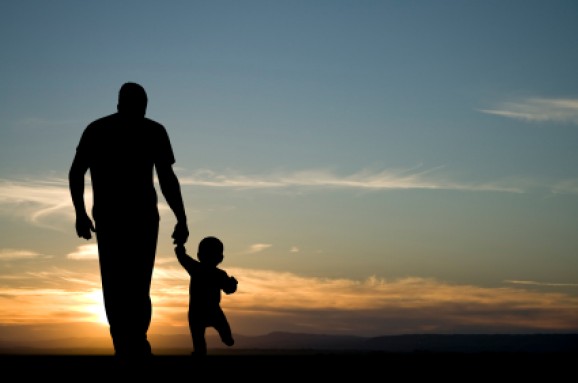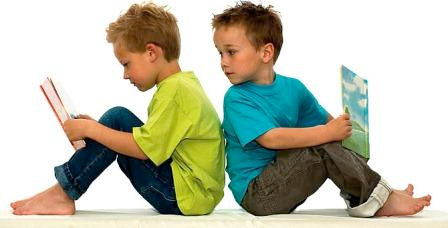special-dads
I arrived for lunch last Friday with Oido, my 5 year old son, crying in his mommy’s office. I learned that she scolded him because he just barged in and accused her of something that she did not understand.
Only when I arrived did she realize that Oido was frustrated and angry because she lost the Father’s Day card he made from his class he gave to her. He wanted to surprise me and he lost that opportunity..
I was touched and was beaming with pride for my son. I felt so special and just embraced him and told him that I am more than surprised. And when we found the present, he showed me what he wrote on it: “I love you Daddy”.
These are the moments when being a father feels so extraordinary. Although when it comes to raising children and being a parent, most of the attention goes to Moms. That is very understandable. Mommies are the ones who endured pregnancy, labor, nursing, and all others.
But does this put Daddy’s role at the sidelines? Not the least. In fact research suggests that Dads are important in a number of ways. First, Daddy’s presence in a household is associated with fewer behavioral problems in children. For instance, children raised in homes without fathers are at a greater risk for delinquent behavior and committing a crime than children raised in homes where the father is present.

Relatedly, girls raised in families without a father are more likely to become pregnant as teenagers than those who live with your fathers. There is also evidence that children who have two parents in the home are more likely to do well in school for the help and encouragement they get from both parents.
But the most convincing evidence of how important Dads are come from research on Dads interaction with their kids. Dads’ interactions with their kids differ from that of mothers. They play differently, that is, they tend to play more physical than mothers do. And they tend to encourage children to take more risks than moms do. Does it make a difference?
Research suggests that paternal physical play is associated with positive outcomes for children. Dad’s encouragement for risk taking allows children to do things on their own. Because most Dads tend to provide a safe and secure environment with supervision, they encourage their kids not to be afraid to try new things.
In general, Dads are necessary for raising happy and healthy children. Their roles are very significant in the home and cannot be relegated just to anyone.
This Father’s Day, here are some more tips for all Dads out there to enhance their impact on their children. First, Dads can show more emotions and vulnerability. Let go of the stoic type and learn to be more of a feeling person.

Second, Dads can begin to truly listen and empathize. In most households, Dad’s voice is the rule. But when Dad begins to lend a listening ear from the heart, it can make relationships much better.

And lastly, Dads can be more affectionate. Most Dads are allergic to physical affection that is why children tend not to open up to them. But when Dads become more affectionate by hugging and kissing, and embracing their children, it melts barriers and foster emotional bonds.

Happy Father’s Day!





